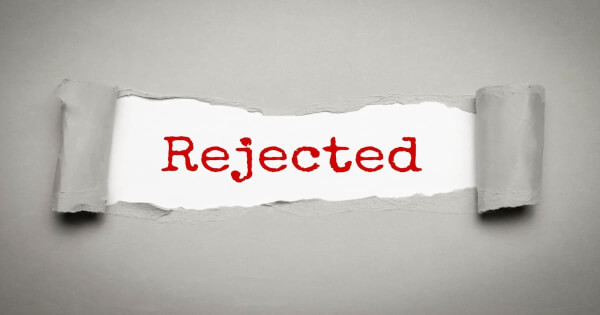
Source: blockchain.news

Cryptocurrency exchange Bitvavo, which is a major creditor of Digital Currency Group (DCG), a financially distressed cryptocurrency startup, has rejected DCG’s partial debt recovery proposal.
On January 11, 2019, Bitvavo made an official announcement stating that the company had received a counter-proposal from DCG, offering to repay around 70 percent of the total amount owed on terms Bitvavo agreed with.
DCG is only prepared to repay a portion of the loan within a time frame acceptable to Bitvavo, so negotiations on the remaining balance are currently ongoing with this portion.
Bitvavo has highlighted that the current scenario involving DCG does not have any influence on the company’s clients, platform or services. Bitvavo provides a guarantee for the remaining balance and has therefore assumed the risk that was previously borne by its consumers.
The statement came shortly after Bitvavo made the decision to pre-finance around $290 million in assets locked up in DCG so that it would no longer be dependent on the struggling company. The Dutch cryptocurrency exchange said it has sufficient capacity to continue to serve its clients without interruption.
Even though DCG is facing severe liquidity difficulty amid the bear market, the exchange anticipates that it will be able to repay the arrears. In its most recent statement, Bitvavo pointed to a scenario very similar to the one being experienced by the Gemini cryptocurrency exchange, owned by the Winklevoss brothers.
The 10th of January, cameron winklevoss sent a public letter to the DCG board of directors, in which he accused CEO Barry Silbert of fraud and demanded that Silbert be replaced in his position as CEO.
After the failure of the FTX cryptocurrency exchange in November 2022, significant contagion spread throughout the market, causing large corporations such as DCG and Genesis to be negatively affected.
It was announced that the United States Department of Justice had launched an investigation into DCG in conjunction with the Securities and Exchange Commission, the situation became even more dangerous for the company.
Read More at blockchain.news